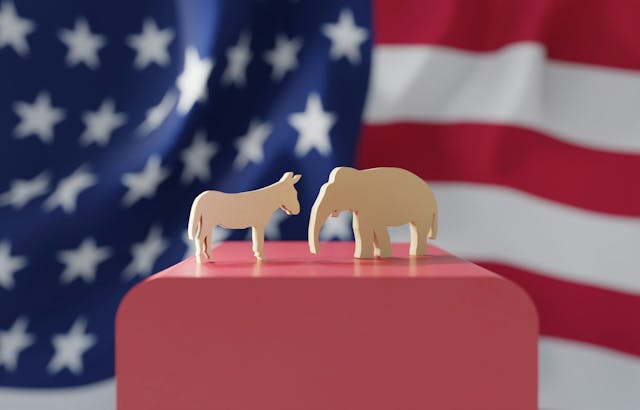Rasmussen: Majority of Voters Think SOTU is a Waste of Time

Though a majority of likely voters say they will be tuning in to President Obama's final State of the Union address on Tuesday night, most doubt the speech will accomplish much at all.
According to the results of a Rasmussen Reports national telephone survey, 69 percent of likely U.S. voters say they are likely to watch or follow news reports about Tuesday's State of the Union, including 43 percent who say they are very likely to do so. By contrast, just 30 percent say they are unlikely to watch or follow the State of the Union, with 13 percent who say they are very unlikely.
The findings vary along party lines. Fifty-seven percent of Democrats say they are very likely to watch or follow the State of the Union, compared with 33 percent of Republicans and 37 percent of independents.
But despite the level of interest, voters are skeptical that the speech is even effective. Only 32 percent of likely voters believe the State of the Union is important in setting the nation's political agenda for the coming year, compared with 60 percent who say the speech is mostly just for show.
On top of that, only 13 percent think that most presidents accomplish what they promise to do at the State of the Union. Seventy-one percent believe they don't.
These results also hinge on party affiliation. Whereas 25 percent of Democrats believe most presidents accomplish what they promise, only 10 percent of Republicans and 5 percent of independents feel the same way.
The State of the Union is typically delivered in late January or early February, but preparations for the annual address can begin as early as the summer of the previous year. Though the Constitution requires the president to periodically inform Congress about the “state of the union,” it does not specify that the address must be delivered in the form of a speech.
The tradition of speaking before a joint session of Congress dates back to George Washington's 1790 address in New York City, the provisional U.S. capital at the time. Thomas Jefferson discontinued the speech format, regarding it as too monarchical, and opted instead to send written addresses to Congress.
State of the Union speeches would not return until 1913 with Woodrow Wilson, who cited the importance of visible presidential leadership in his return to Washington's tradition.



